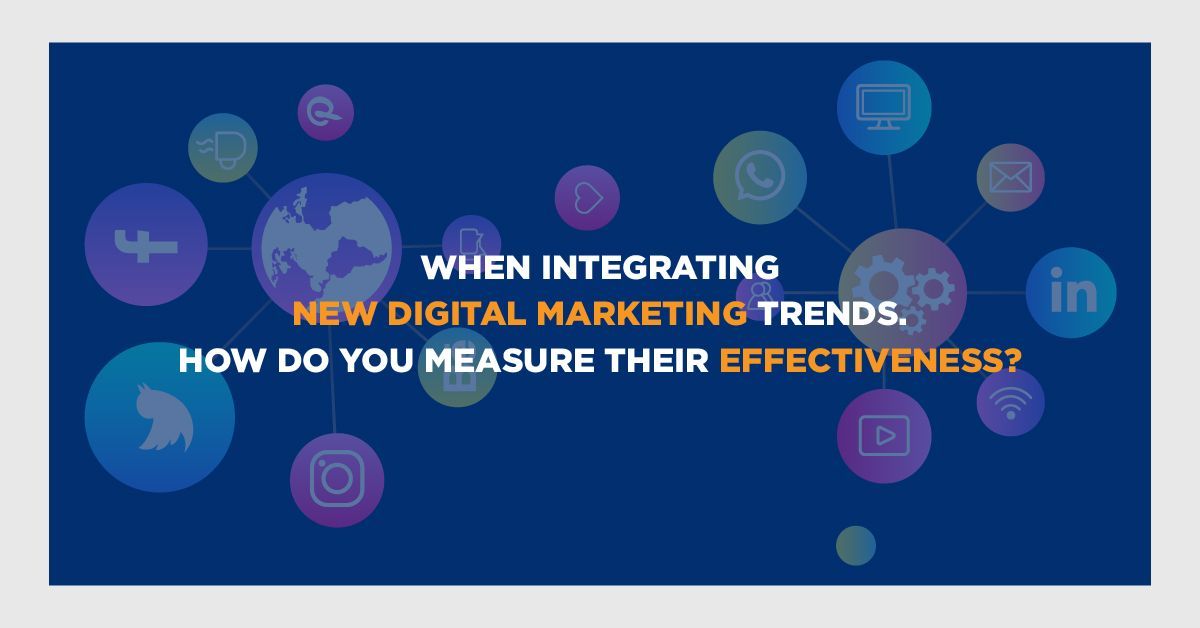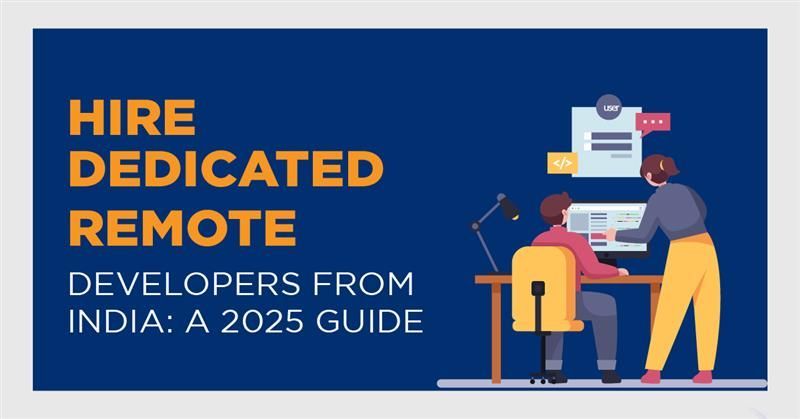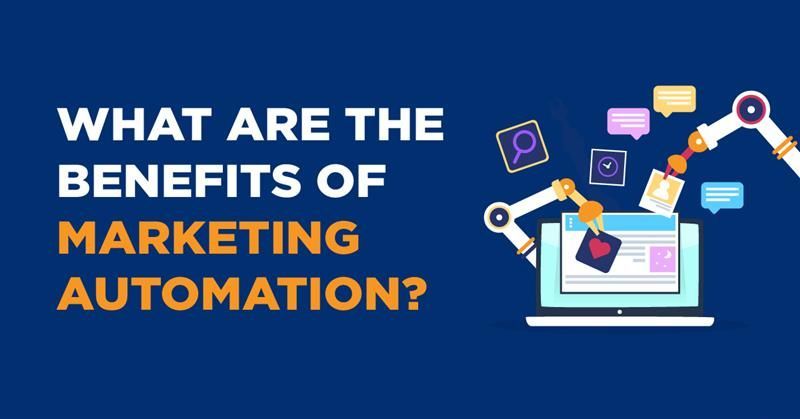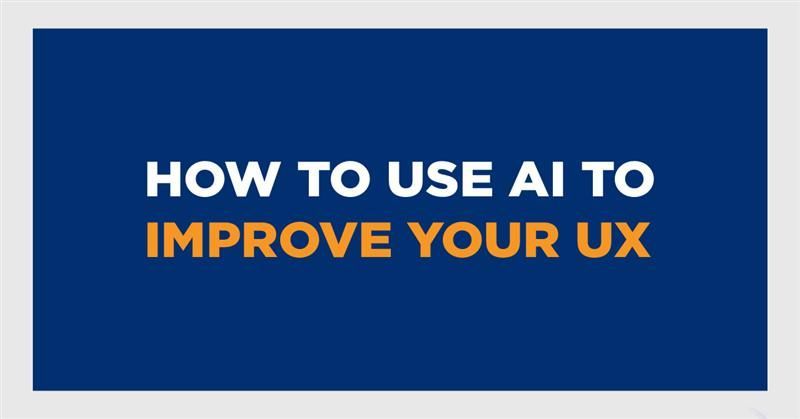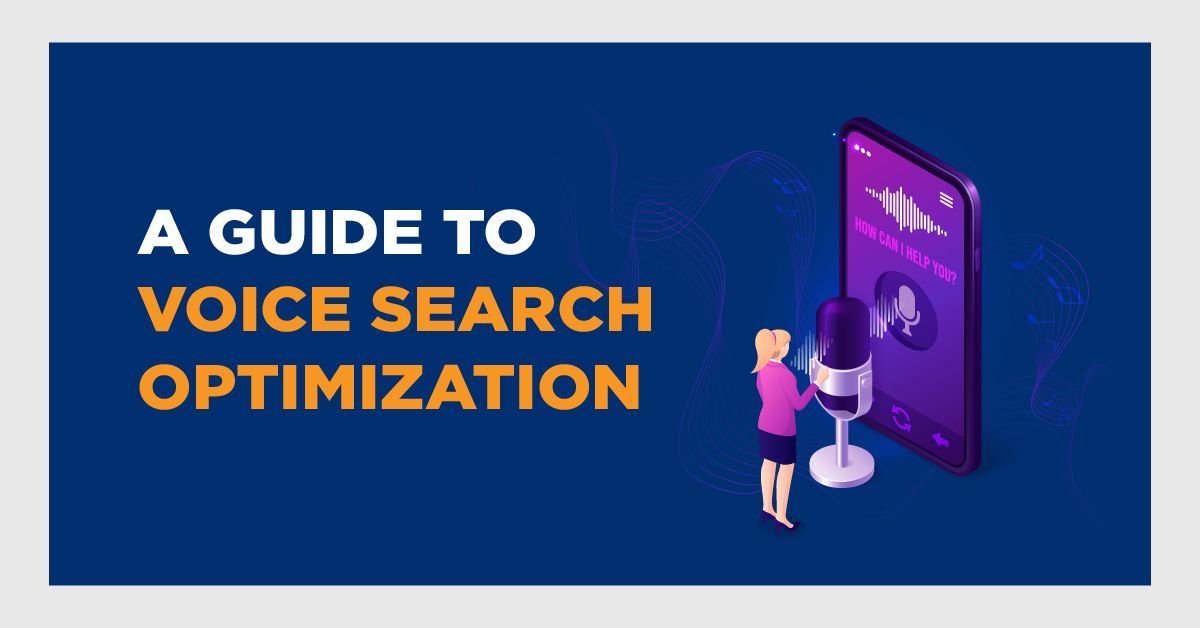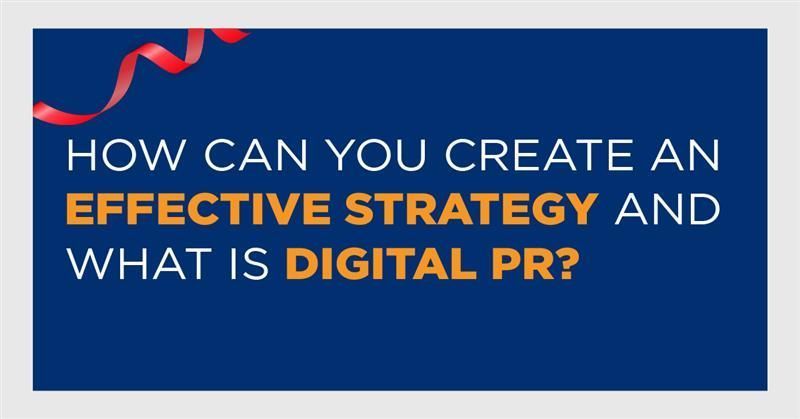How Is AI Changing Digital Marketing?
May 8, 2024
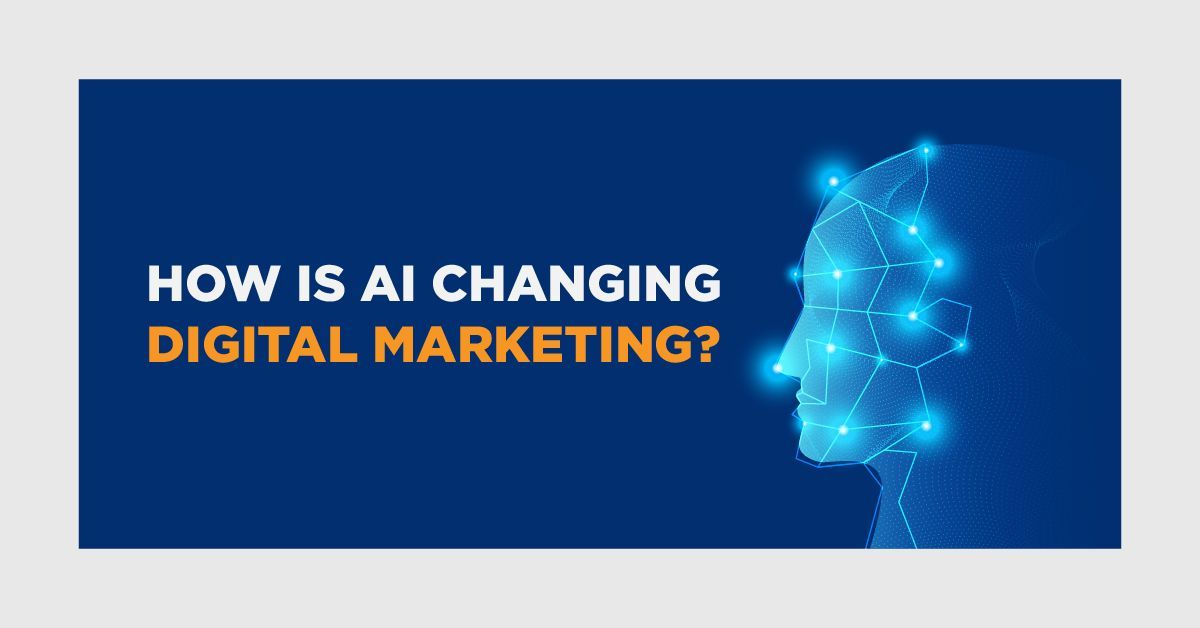
How Is AI Changing Digital Marketing?
AI is revolutionizing digital marketing by introducing advanced tools and techniques that streamline processes, enhance targeting, and personalize experiences. Here's how AI is changing digital marketing:
Data Analysis and Insights: AI-powered analytics platforms can analyze vast amounts of data in real-time, providing valuable insights into customer behavior, preferences, and trends. Marketers can use this data to make informed decisions, optimize campaigns, and improve ROI.
Personalization: AI enables personalized marketing at scale by analyzing individual user data and behavior to deliver targeted content, recommendations, and offers. Personalized experiences increase engagement, conversion rates, and customer satisfaction.
Predictive Analytics: AI algorithms can predict future outcomes based on historical data, allowing marketers to anticipate customer needs, identify opportunities, and proactively address potential issues. Predictive analytics help optimize marketing strategies and resource allocation.
Chatbots and Virtual Assistants: AI-powered chatbots and virtual assistants provide instant customer support, answer queries, and assist users in real-time. Chatbots can handle routine tasks, streamline communication, and improve customer service efficiency.
Content Creation and Optimization: AI technologies such as natural language processing (NLP) and natural language generation (NLG) can automate content creation, generate product descriptions, and even write articles. AI-driven content optimization tools help improve SEO, readability, and relevance.
Ad Targeting and Optimization: AI algorithms optimize ad targeting by analyzing user behavior, demographics, and intent to deliver personalized ads across various channels. AI-driven ad platforms continually optimize campaigns in real-time to maximize performance and ROI.
Marketing Automation: AI-powered marketing automation platforms streamline repetitive tasks such as email marketing, social media scheduling , and campaign management. Automation increases efficiency, reduces manual workload, and allows marketers to focus on high-value activities.
Voice Search Optimization: With the rise of voice-enabled devices and virtual assistants, AI-driven voice search optimization is becoming increasingly important. Marketers need to optimize content for natural language queries and conversational search to improve visibility and rankings.
Fraud Detection and Prevention: AI algorithms can detect fraudulent activities such as click fraud, ad fraud, and payment fraud, helping marketers protect their ad budgets and revenue streams.
Customer Insights and Sentiment Analysis: AI-powered sentiment analysis tools monitor social media, reviews, and customer feedback to gauge sentiment, identify trends, and understand public perception of brands. This valuable insight helps inform marketing strategies and reputation management efforts.
Conclusion
Overall, AI is transforming digital marketing by enabling data-driven decision-making, enhancing personalization, automating tasks, and improving overall efficiency and effectiveness. Marketers who embrace AI technologies can gain a competitive edge and drive better results in today's fast-paced digital landscape.


